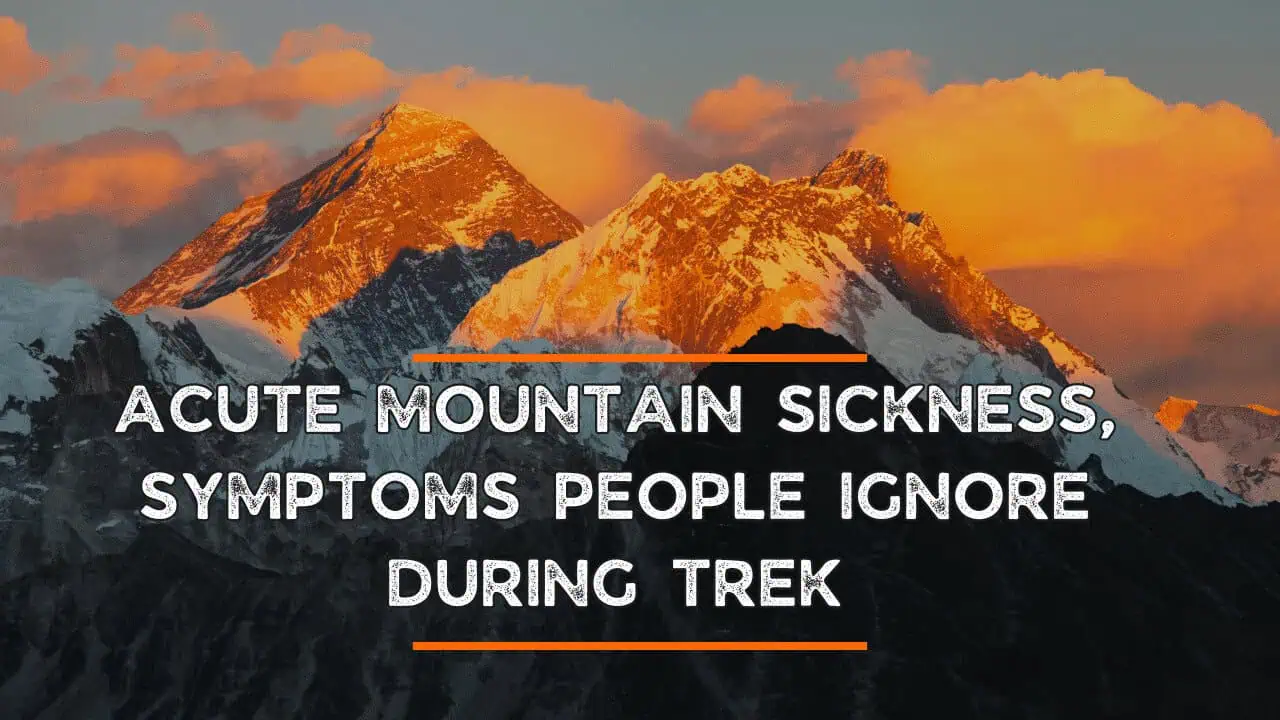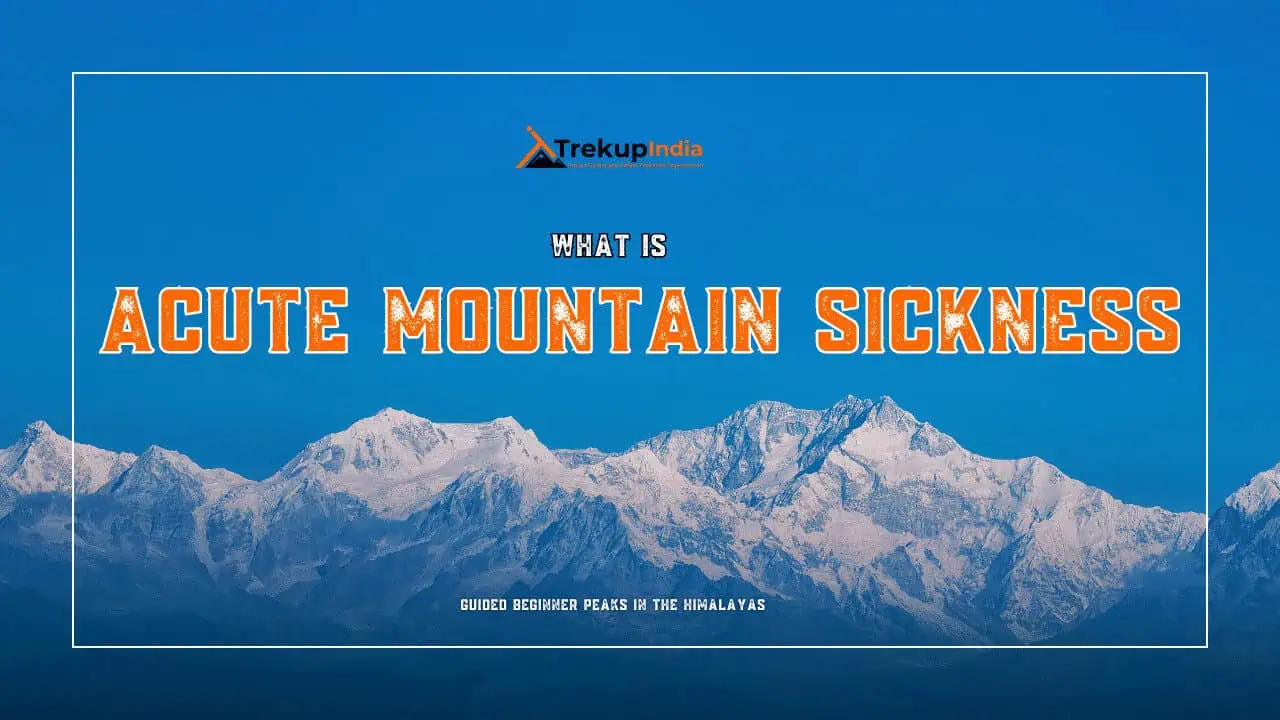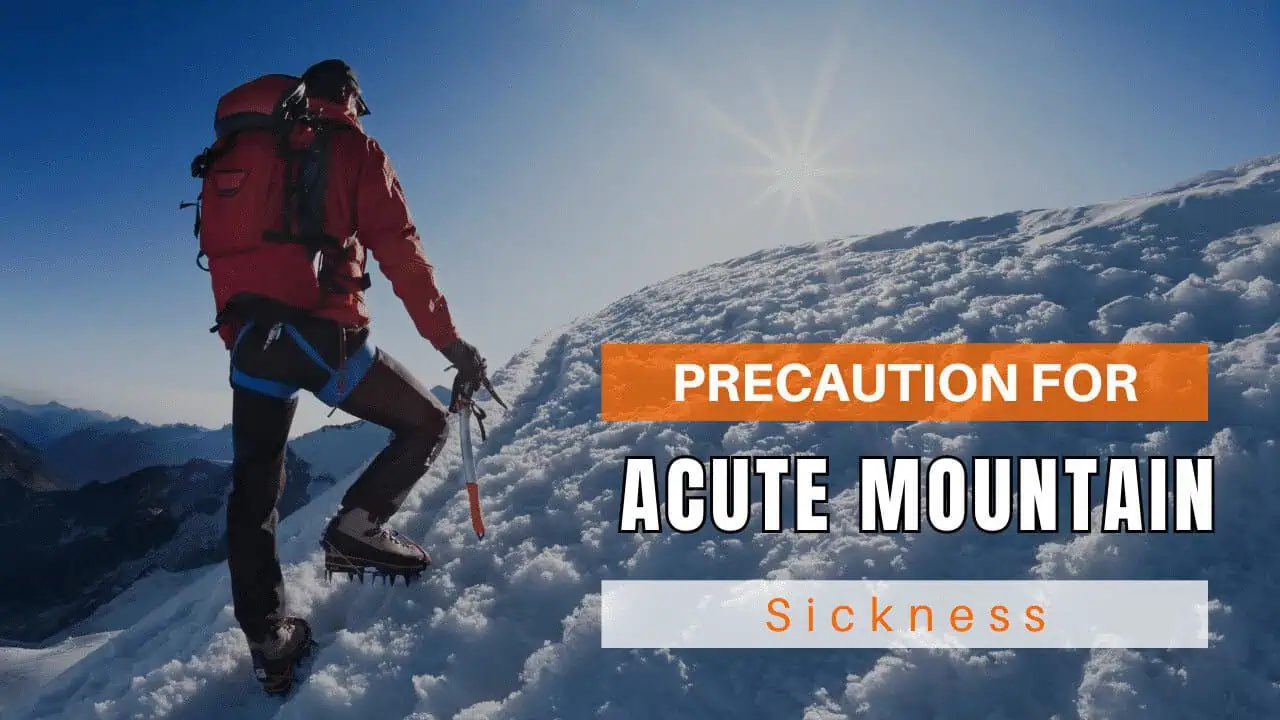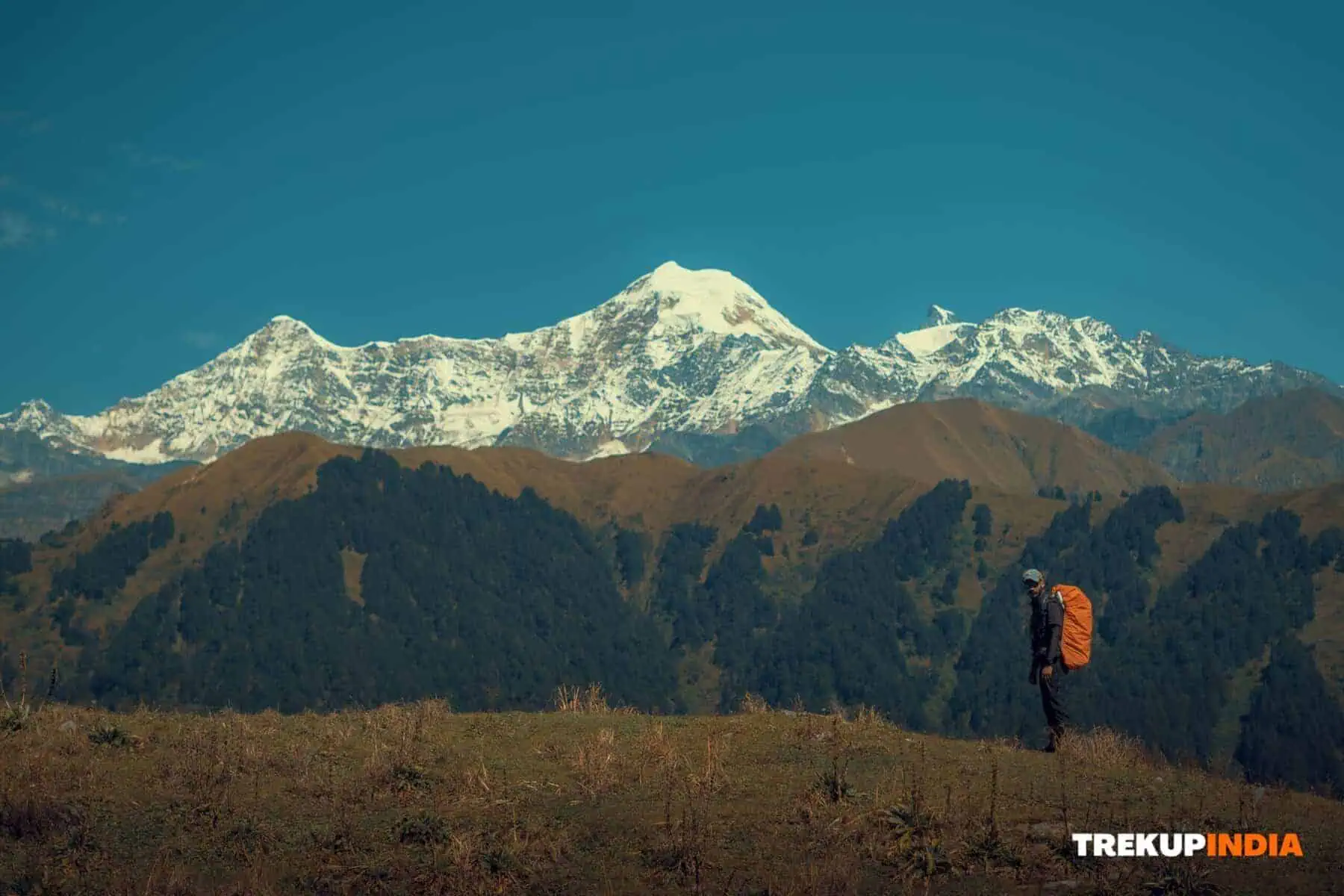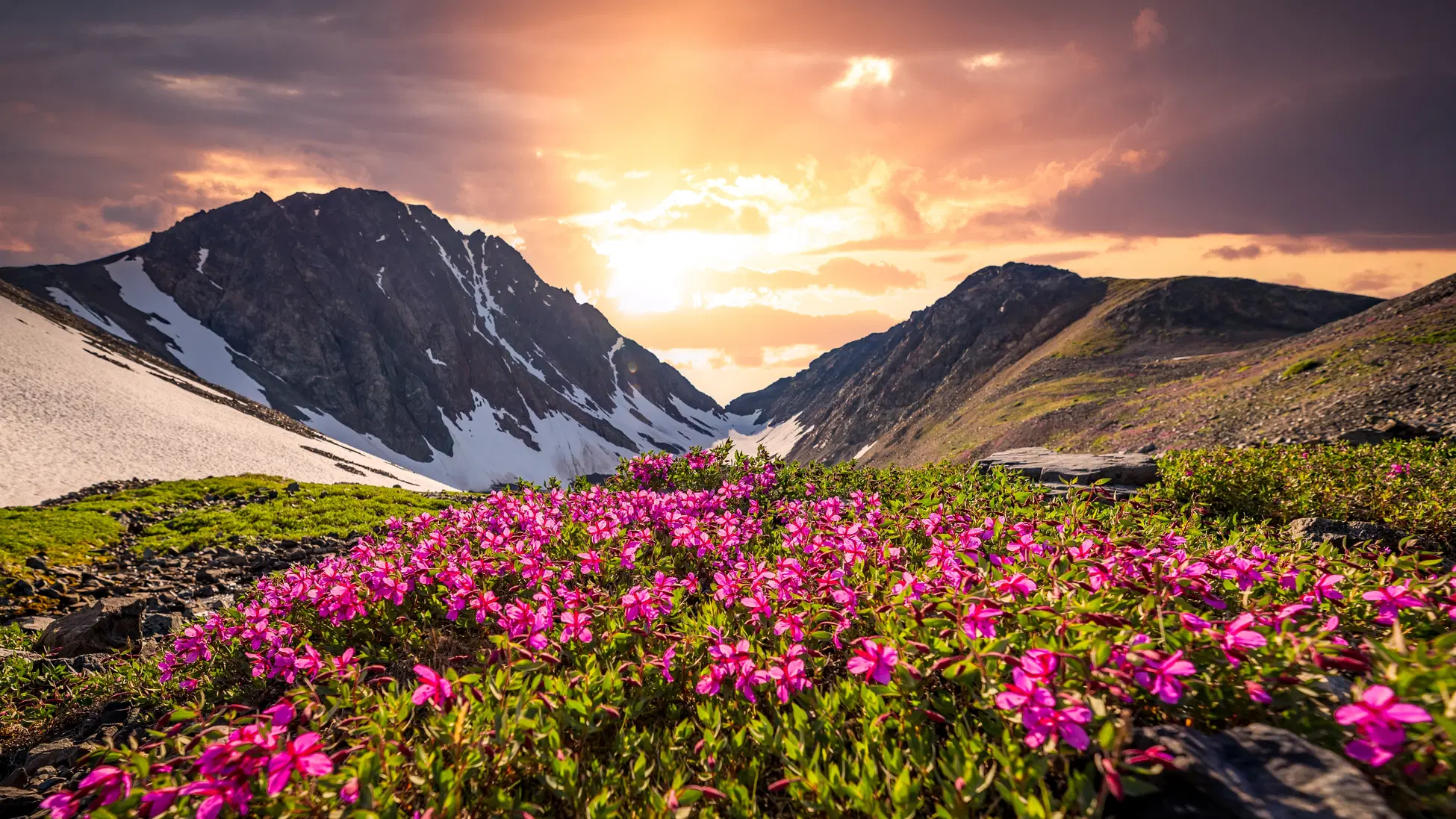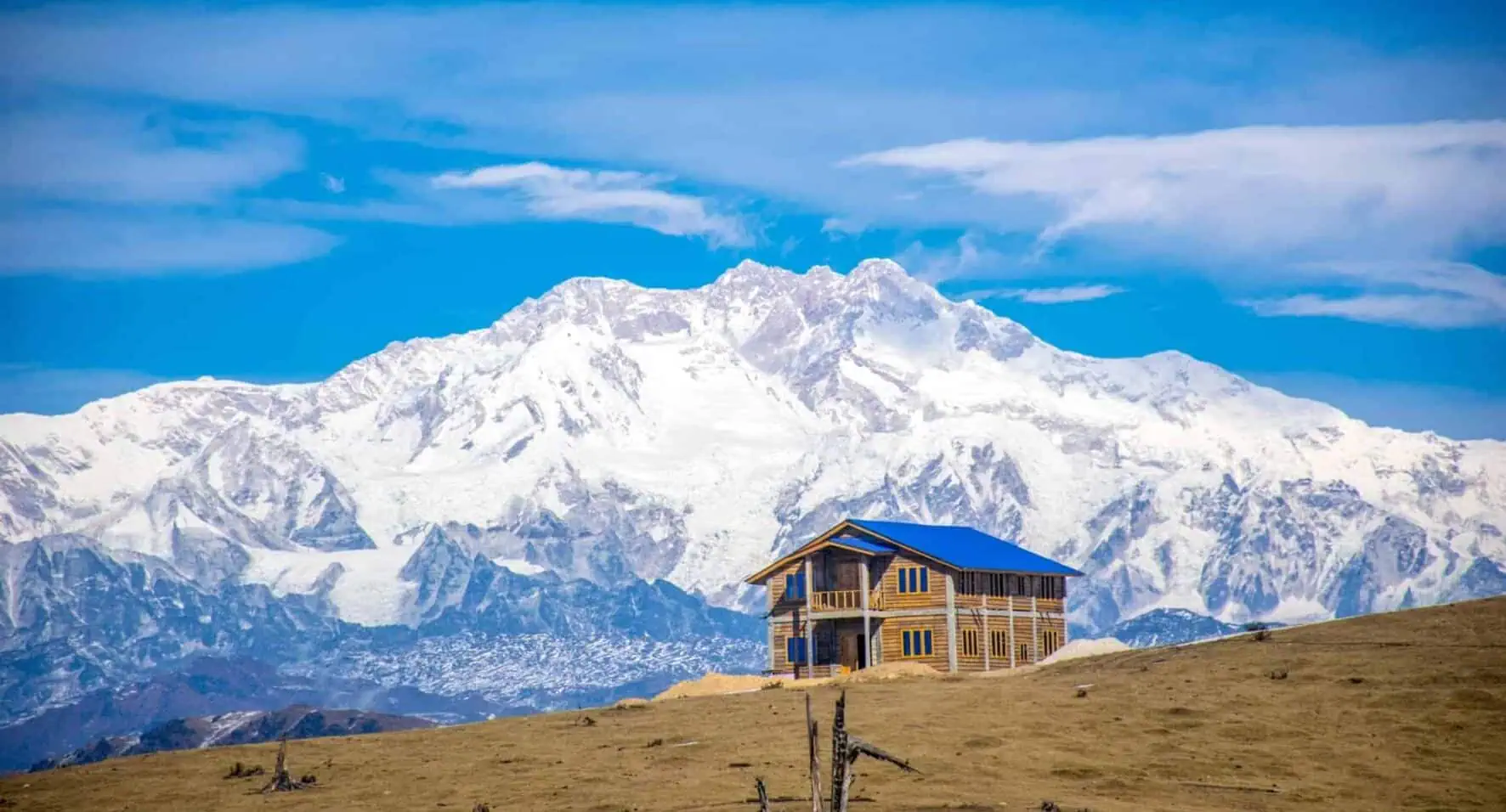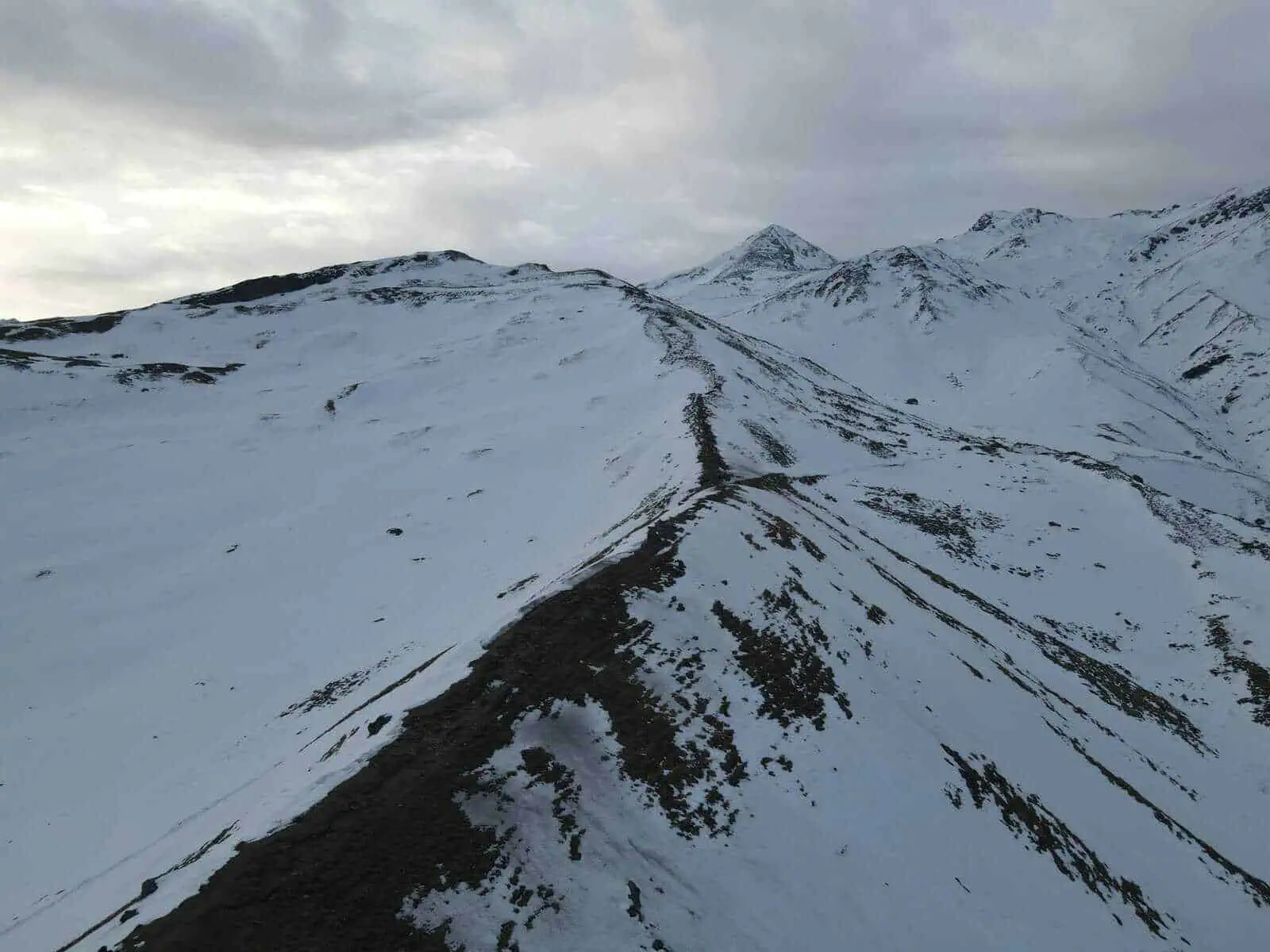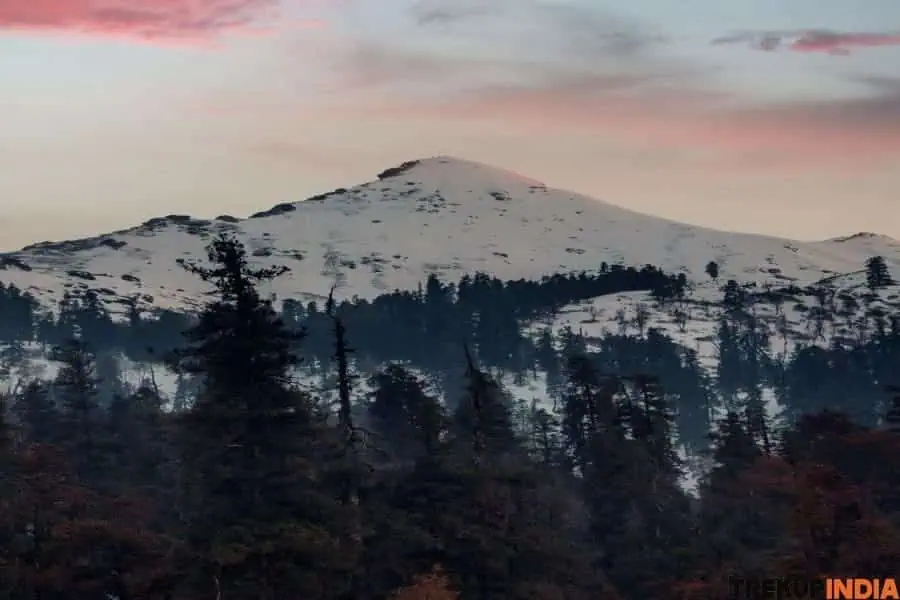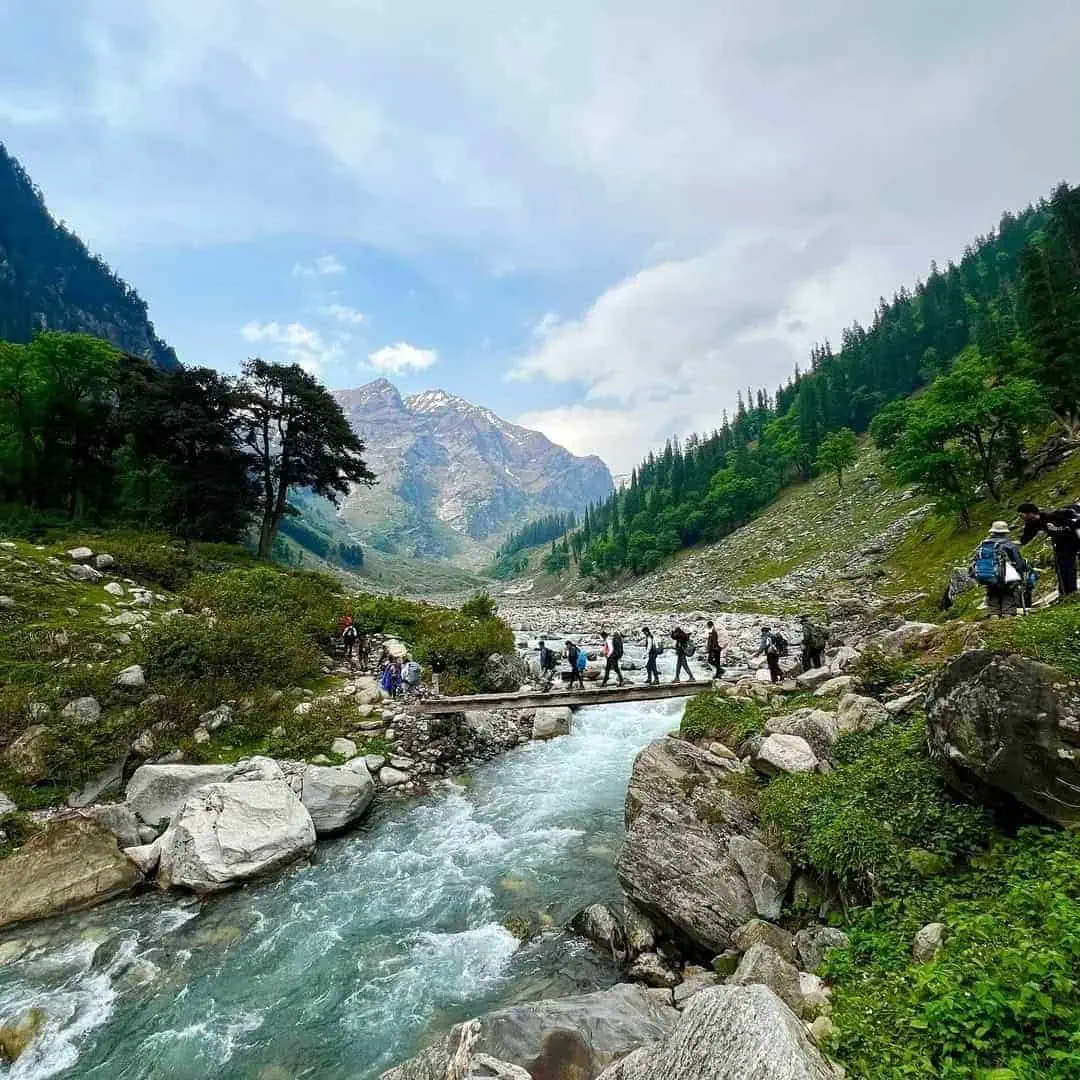Food Provided On Trek
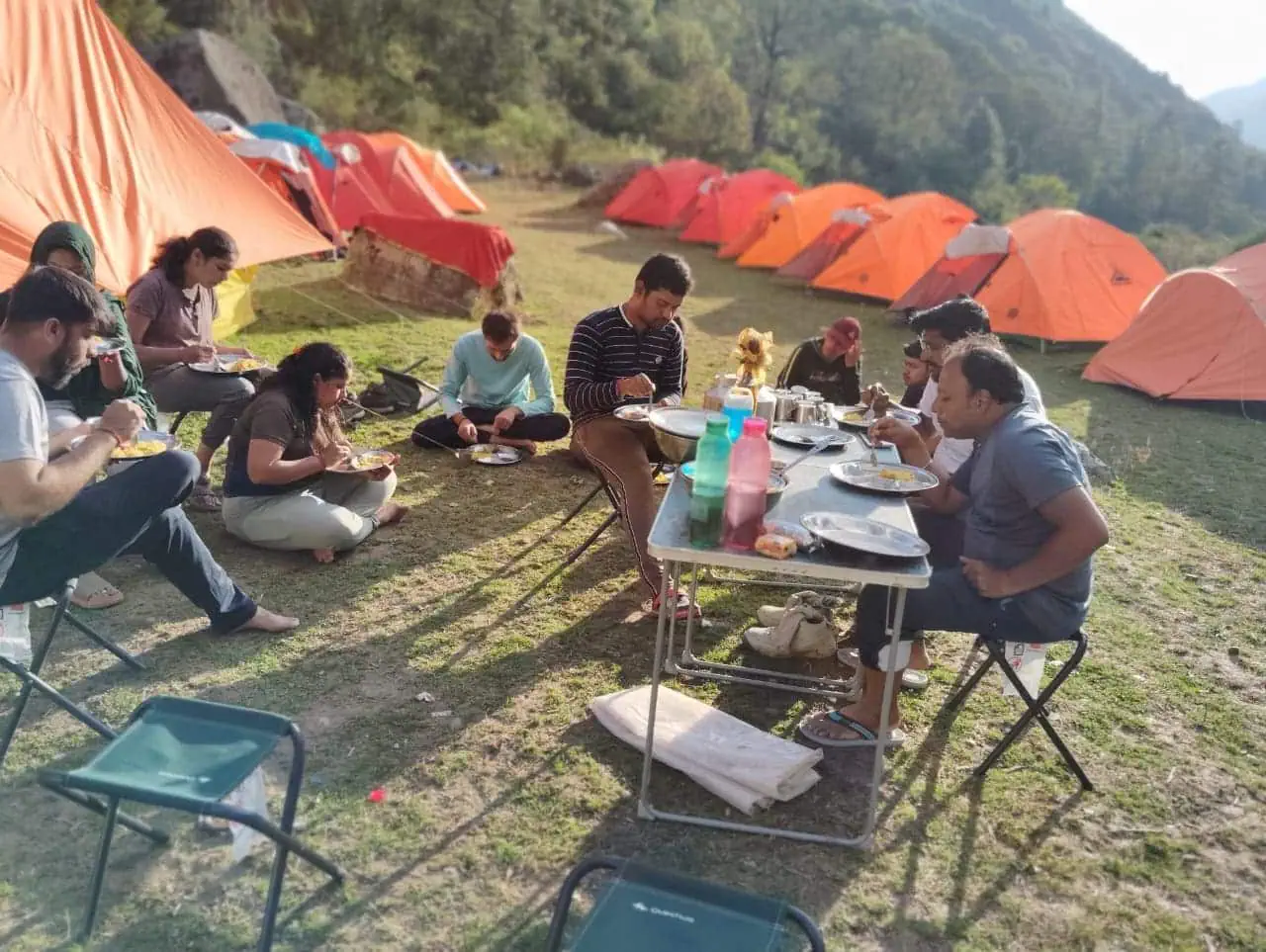
Food During the Trek – Nutritious, Delicious, and 100% Indian Vegetarian
When you trek with us, you can look forward to wholesome and authentic Indian vegetarian meals that are both satisfying and packed with nutrition. Our menu is thoughtfully designed to include Indian bread, seasonal vegetables, protein-rich lentils, rice, and a variety of traditional desserts to round off your meals.
You’ll be served three fresh meals daily—breakfast, lunch, and dinner—each crafted to support the physical demands of trekking. We also provide evening tea with snacks, and just before dinner, you’ll be treated to a warm bowl of soup to help you unwind after a long day.
On days with longer trekking hours, we ensure you’re not left hungry—packed snacks are provided to keep your energy levels up while you’re on the move.
Our meal planning isn’t random. It’s the result of careful research into the nutritional needs of trekkers, taking into account altitude changes, weather conditions, and the physical exertion involved. Every dish we serve is balanced with the right mix of calories, protein, carbohydrates, fiber, vitamins, and essential minerals.
We’re proud of our cooking team. Each of our cooks is not only trained but also experienced in preparing hygienic and delicious food under trekking conditions. So you can focus on your adventure, knowing that your meals are in safe hands.
To start your day right, you’ll be served refreshing lemon tea in your tent. Breakfast is hearty and hot—think poha, parathas, sandwiches, upma, sooji halwa, or daliya—accompanied by tea or coffee. On longer trekking days, we also include fresh local fruits like apples and energy-boosting drinks like Frooti or Maaza.
Lunch is simple, light, and nutritious, served midday. By around 4:00 PM, we offer another round of tea along with a light evening snack to keep you energized until dinner.
Finally, once you’ve reached the campsite for the night, you’ll be served a warm, flavorful dinner that’s sure to satisfy your hunger and lift your spirits.
With us, you never have to worry about food during your trek—it’s all taken care of with love, care, and an eye for nutrition.
Trekking can be challenging, but with good food and great company, it becomes a journey full of unforgettable moments.
Share this article
Want To Trek Like Pro?
Check out the following videos if you want to trek like a pro trekker and improve your skills. These videos contain helpful tips, tricks, and techniques to help you trek like a pro. Whether you’re a beginner or an experienced trekker, these videos can provide valuable insights to enhance your trekking experience. So, watch the videos below by Trekup India experts to take your trekking skills to the next level.
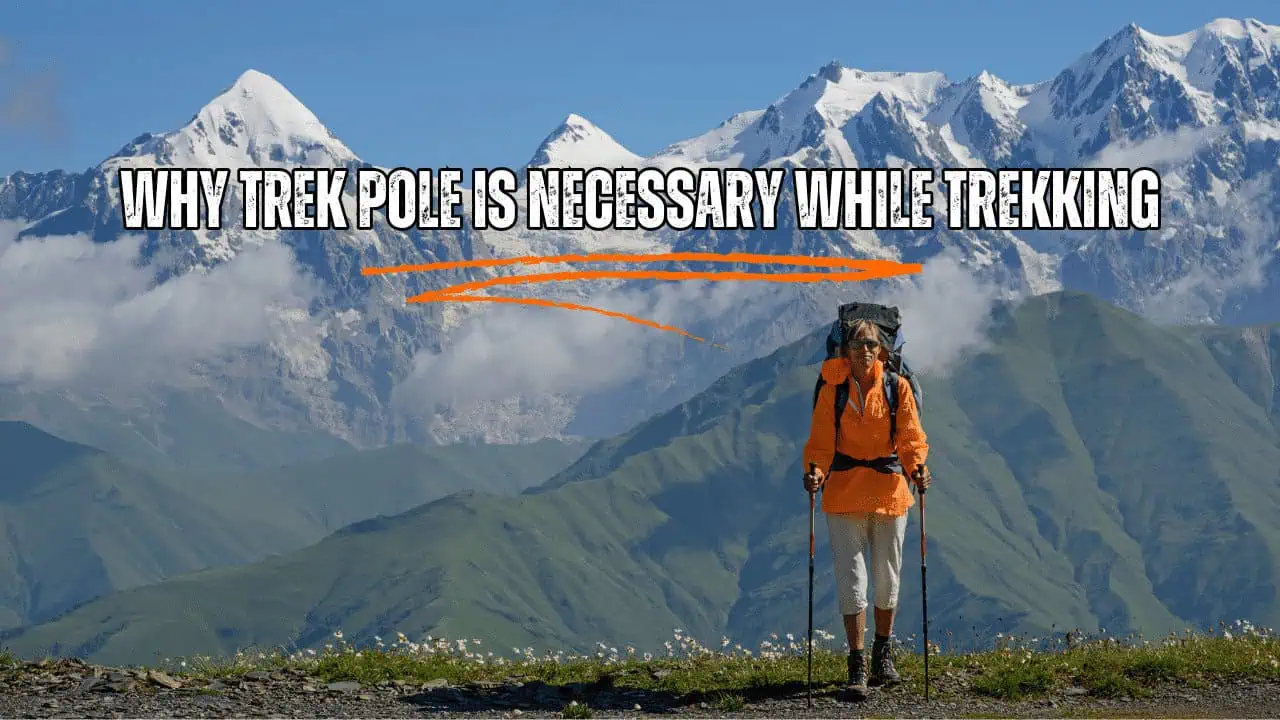
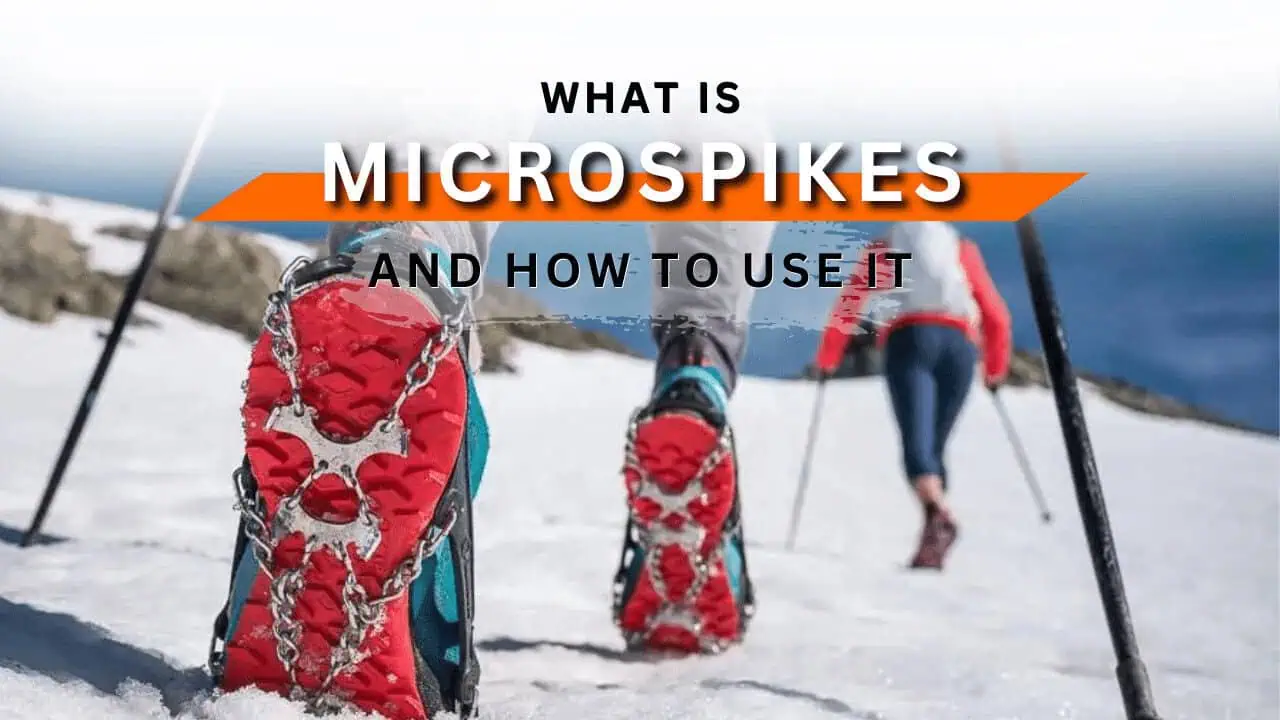
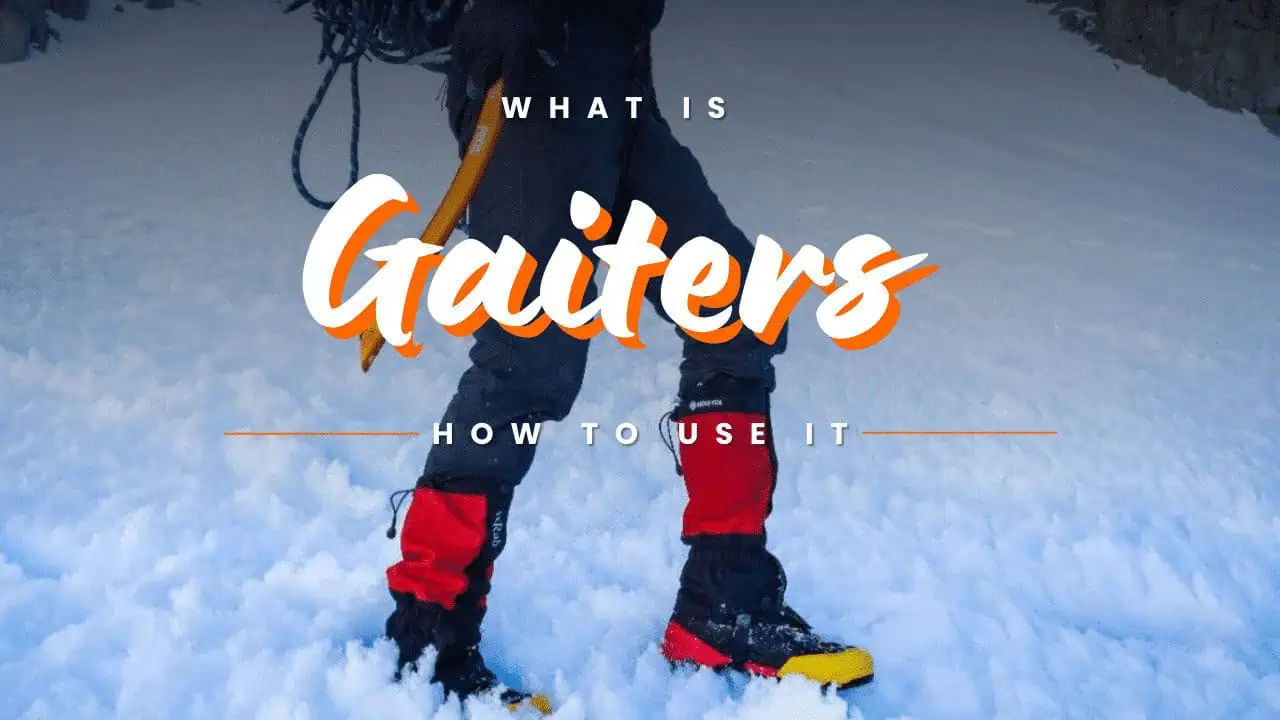
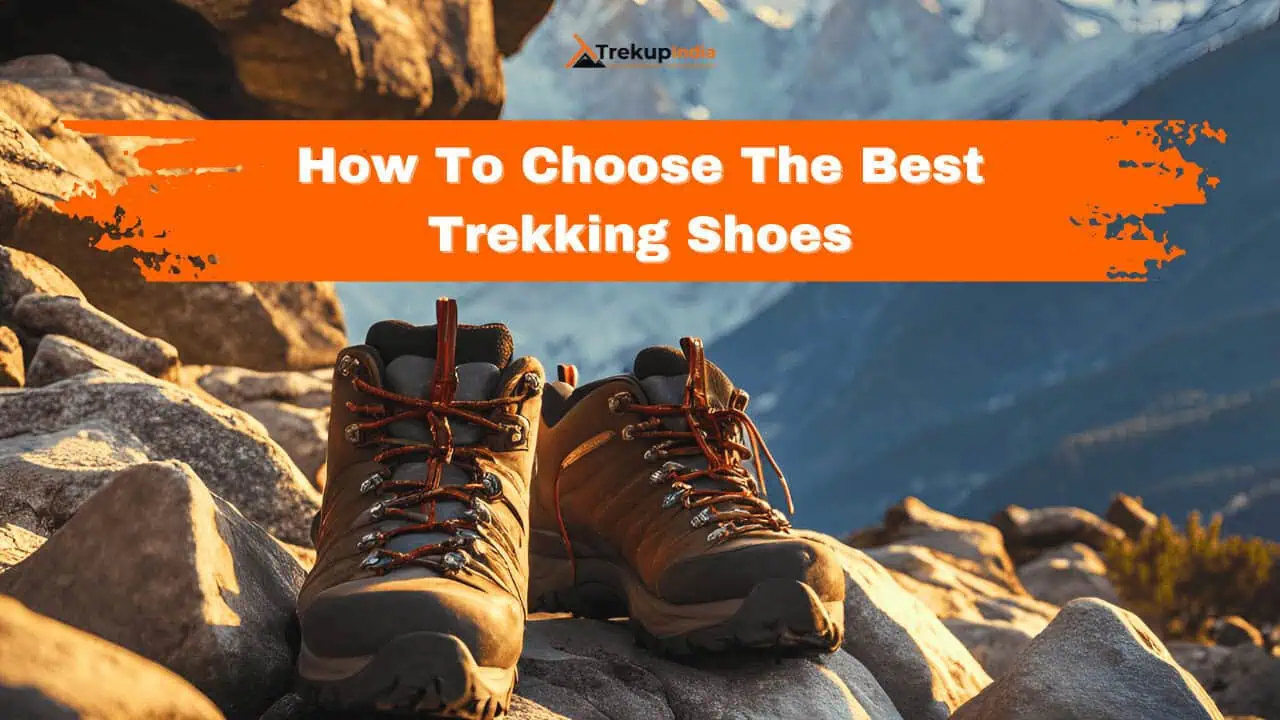
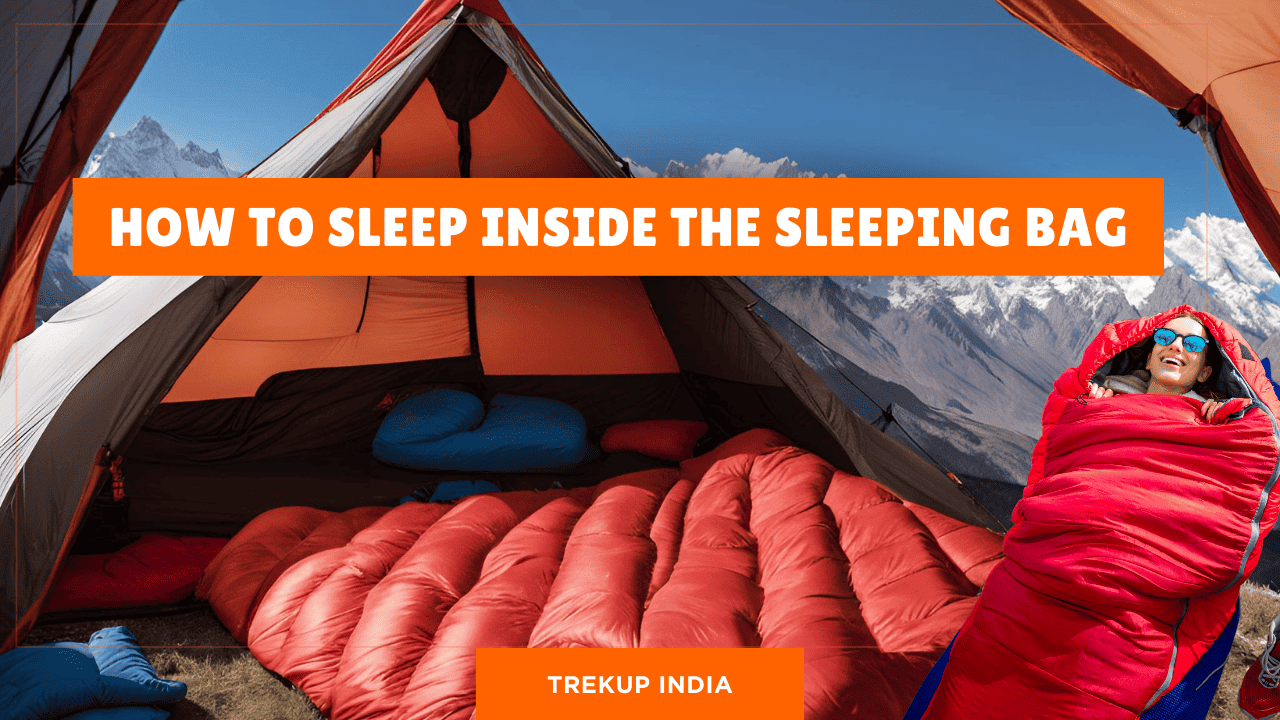
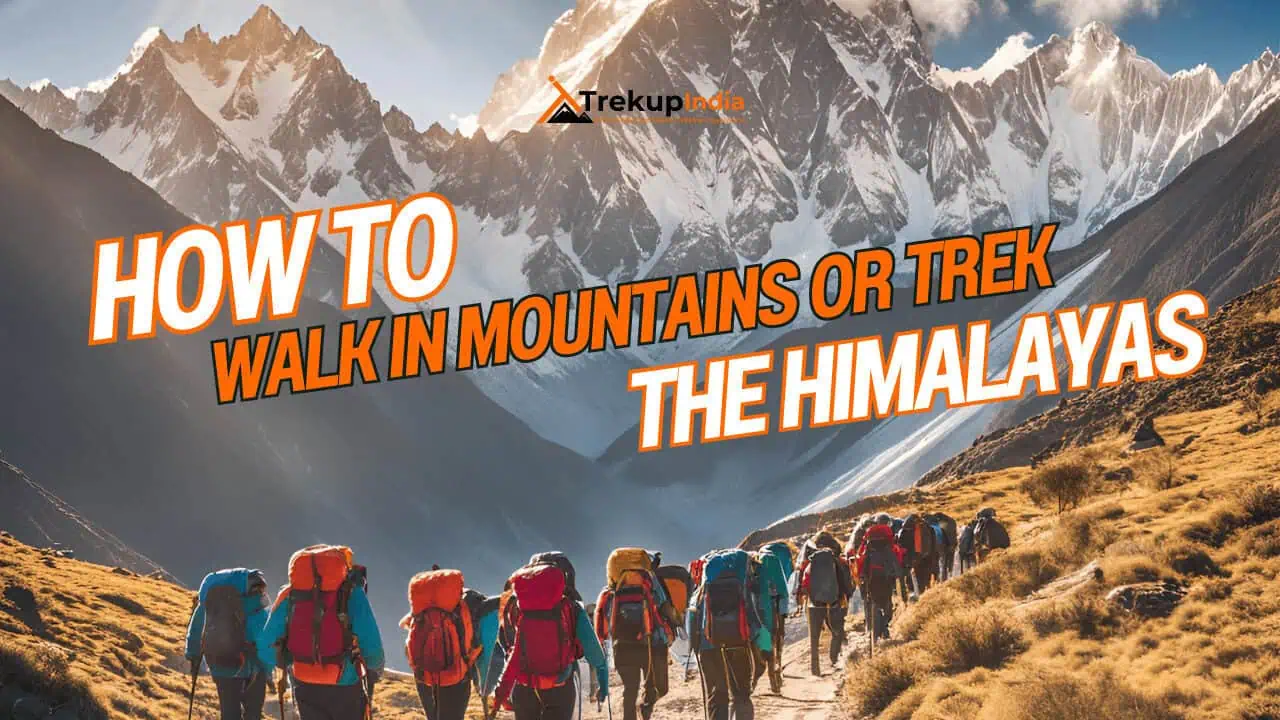
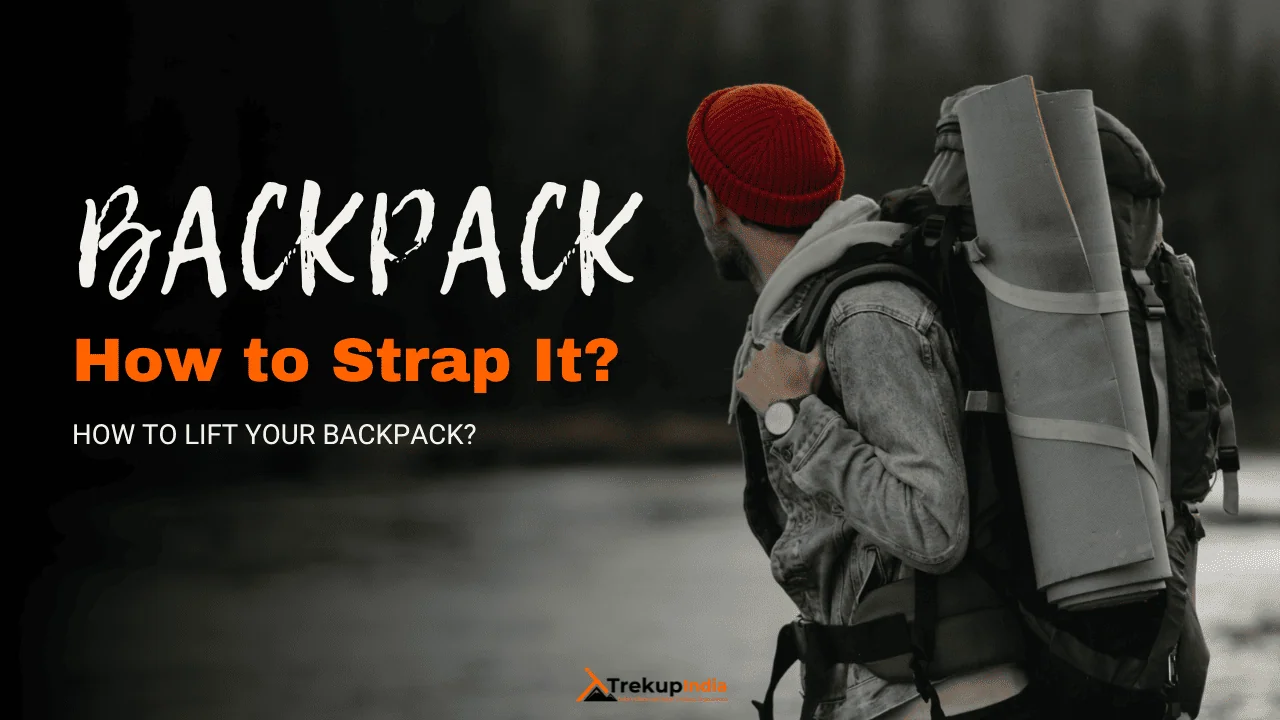
Know Everything About Acute Mountain Sickness
Acute Mountain Sickness is a medical condition that can occur when individuals travel to high altitudes, typically above 8,000 feet. It is caused by the decrease in air pressure and oxygen levels in the air as altitude increases. Symptoms of Acute Mountain Sickness may include headache, nausea, vomiting, dizziness, and difficulty sleeping. To avoid Acute Mountain Sickness, it is important to gradually adjust to high altitudes and seek medical attention if symptoms worsen. To learn more about this condition, check out the videos by Trekup India.
